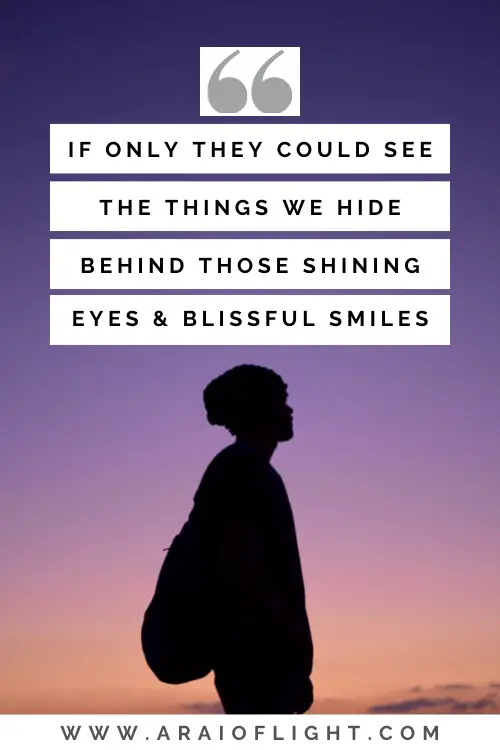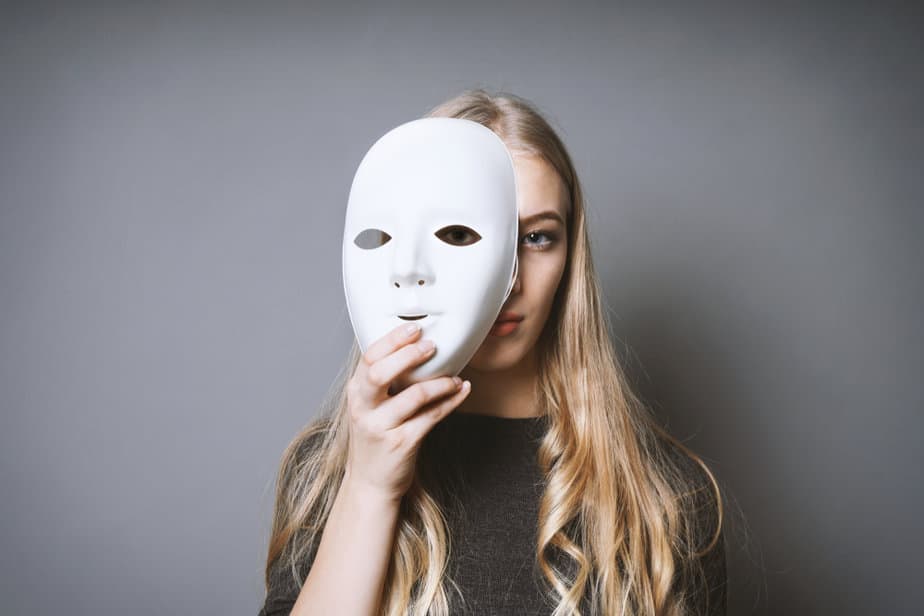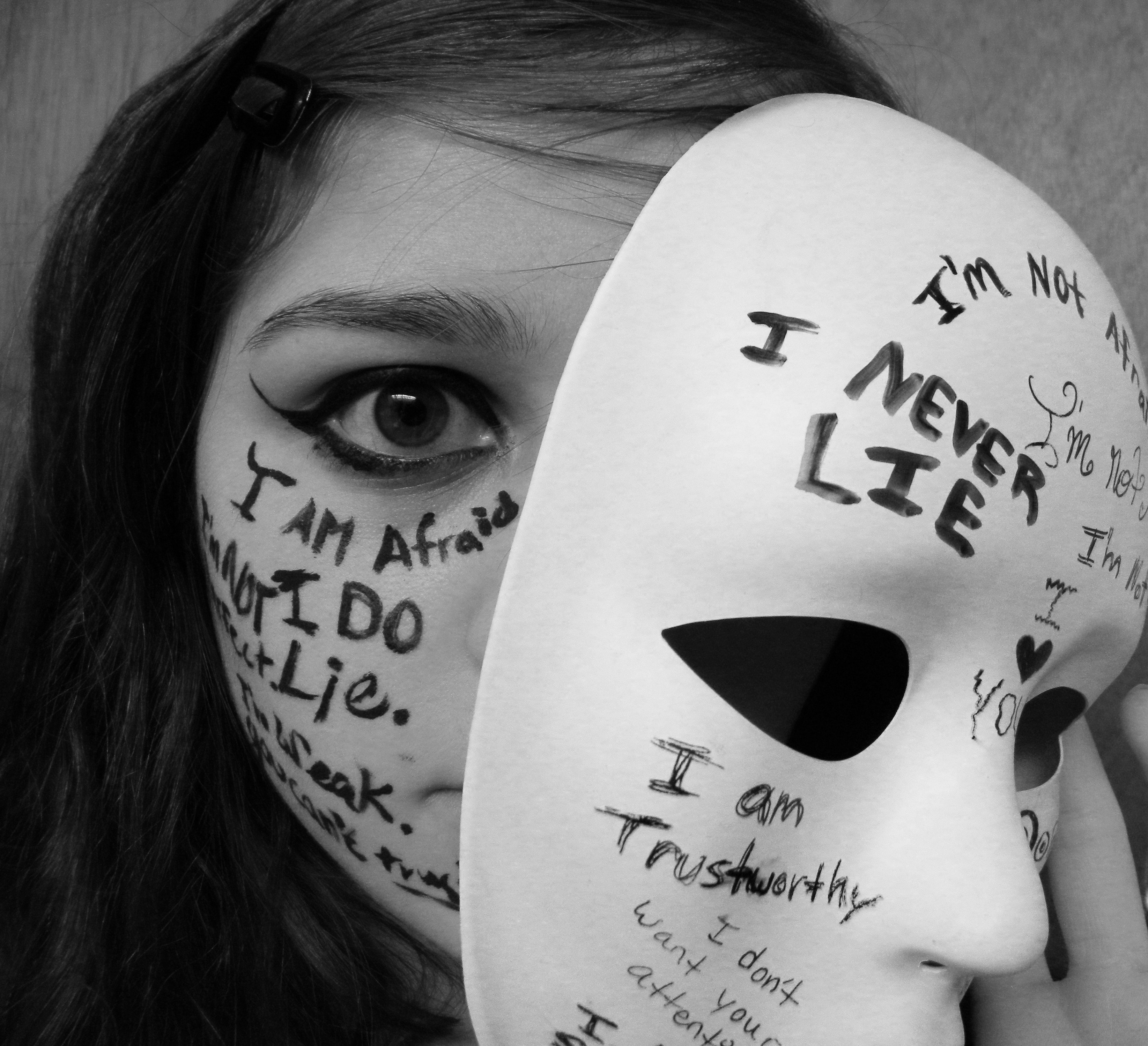
Maybe moving to a new city as a teenager changed your life for the better. Think of the feeling you get when you are in a setting where you know absolutely no one. The bliss of Maskenfreiheit can be literal at Carnival celebrations, for example, hiding your face protects you from the judgments of others. Read: Trick-or-treating isn’t what it used to be The German language has a special word for the happiness such customs bring: Maskenfreiheit-the freedom found behind a mask. During Carnival, celebrated before Lent in Catholic countries such as Italy and Brazil, adults can let loose in anonymous abandon before repenting for their sins for the subsequent 40 days. Most of us have happy childhood memories of dressing up for Halloween since Halloween celebrations with disguises gained popularity in the United States during the great Irish immigration of the 1840s, the holiday has become Americans’ third-most favorite by some accounts, beaten out by only Christmas and Thanksgiving. P utting on masks and disguises is undeniably fun. Just as a surgical mask can’t be worn 24/7, our metaphorical masks must come off eventually. But when masking is a permanent and central part of your work or life, something is seriously amiss. And some inhibitions are a basic part of a functioning society.

In the appropriate contexts, masking your true self can be healthy and freeing.

Gilad Edelman: Authenticity just means faking it wellīoth sides are a little bit right. Some commentators exhort us to be our authentic selves for the sake of mental health and personal integrity to disguise yourself is, in the immortal parlance of Holden Caulfield, to be a contemptible “phony.” Others support some amount of repression of our true selves when we’re out in the world the political columnist George Will, for example, argues that doing so is a simple requirement of “civilization.” He regrets a good deal of the authenticity that we currently see in public life.

The merits of metaphorical masking are hotly debated. Some we are forced to wear to get along in life, and others we wear voluntarily and are afraid to remove. Some of these masks we like, and some we don’t. But figuratively, many of us do this every day when we cloak our identities or true feelings by suppressing our thoughts or acting in certain ways. Layering our literal masks sounds like a pain.

Do we wear our COVID masks under our Halloween masks, or over them? Has the CDC issued guidelines on which costumes can best accommodate an N95 underneath? What will Anthony Fauci and Rochelle Walensky be wearing? Ī pandemic Halloween raises a number of questions about masking. Click here to listen to his new podcast series on all things happiness, How to Build a Happy Life. “ How to Build a Life ” is a weekly column by Arthur Brooks, tackling questions of meaning and happiness.


 0 kommentar(er)
0 kommentar(er)
